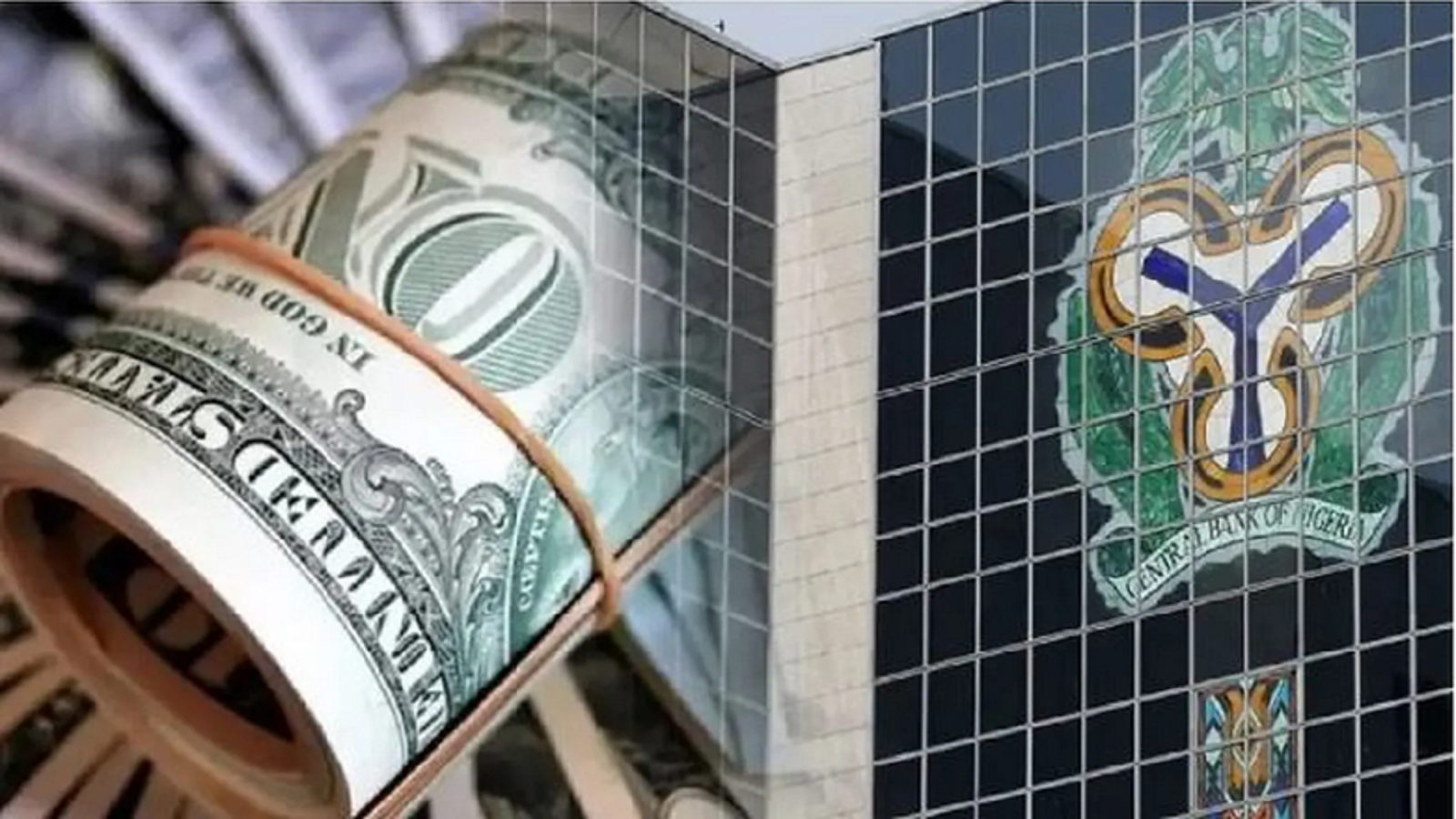Naira has fallen to N950/$1 three months after the anniversary of the exchange rate unification by the CBN.
NewsOnline Nigeria reports that the exchange rate between the Nigerian Naira and the U.S. Dollar plummeted to a low of N950/$1, down from N927/$1 just a day earlier.
This Nigeria News platform understands that this marks the weakest point for the exchange rate in September and the lowest it has been since it touched N955/$1 on August 11, 2023.
September has witnessed the highest loss in the black-market exchange rate, with market differential prices fluctuating by less than 1% throughout the month.
In the peer-to-peer market, the dollar traded at N951, dropping from N927/$1 reported just a day prior.
Similarly, the Naira depreciated against the British Pound by 1.66%, going from N1190/£1 to N1210/£1.
This downward trend persisted with the Euro, as the exchange rate slipped by 2.51% from N995/€1 to N1020/€1.
This widespread decline comes a day after the Central Bank of Nigeria (CBN) issued a warning to International Money Transfer Operators (IMTOs) to adhere to its plus or minus 2.5% price limits.
According to currency traders who spoke with NewsOnline Nigeria, surging dollar demands constitute a significant factor contributing to the currency’s weakness.
A recent report from Commercio partners also suggests surging demand was a major factor in the spate of decline.
- “This depreciation of the Naira was exacerbated by Nigerian banks’ inability to meet the surging demand for dollars forcing buyers to turn to the parallel market.”
The central bank opined the currency depreciation is also due to the diversion of diaspora remittances which has affected inflows into the country.
Despite promises to address the issue, the apex bank has yet to rectify the supply constraints, leaving speculators unaffected.
Three months after unifying the Exchange Rate window, Nigeria continues to grapple with a currency crisis that has led many citizens to consider adopting the dollar.
In August the central bank Governor had warned speculators of losses following plans aimed at stabilizing the naira.
Despite temporary losses for speculators, the exchange rate has continued to weaken as the central bank failed to demonstrate its planned action to improve supply.
When the Tinubu administration backed the unification of the exchange rate on June 14th effectively introducing a managed float exchange rate system many experts and stakeholders lauded it as a significant step toward stabilizing the Naira.
However, three months later, the exchange rate has depreciated by a staggering 20.5% since the new system was implemented.
The move was initially intended to eliminate the multiple exchange rate regimes that had created market distortions and inefficiencies.
While the Tinubu administration had hoped that letting market forces dictate the value of the Naira would lure foreign investors and bolster the nation’s foreign reserves, the opposite seems to be happening. Foreign investors are increasingly hesitant about investing in Nigeria.
The country’s external reserves have also dwindled, falling from $34.6 billion at the time the managed float system was introduced to $33.2 billion as of September 12, 2023.
A recent Fitch Ratings and JP Morgan report also indicates that the current numbers could be lower when adjusted for commitments the central bank owes.
The ongoing currency crisis has had a detrimental impact on the Nigerian economy, particularly on sectors dependent on imports.
The National Bureau of Statistics reports that the inflation rate soared to 22.7% in August 2023, marking a four-year high.
This has led to an increased cost of living for many Nigerians, eroding their purchasing power.
Despite the challenges, the Tinubu administration defends its policy, asserting that it’s crucial for preserving the country’s foreign reserves and attracting foreign investment. The Central Bank has intervened by selling dollars to authorized dealers and imposing sanctions on currency speculators. However, critics argue that the managed float system is unsustainable and ineffective.
The widening disparity between the official and black-market exchange rates further underlines this point. Typically, the black-market premium hovers around 5%, but it currently stands at 19%.
Experts also warn that the trend toward dollarization could endanger Nigeria’s monetary sovereignty and economic diversification efforts.
In interviews with Nairametrics, conducted under conditions of anonymity, several upper and middle-class salary earners revealed that they are now converting significant portions of their incomes into dollars.
They use these reserves to cover expenses like tuition and allowances for their children studying abroad, as well as to hedge against inflation.
The central bank has introduced a slew of policies to fix the exchange rate decline such as bringing back BDC operators and introducing new operational mechanisms.
However, this is yet to impact positively on the market.
Meanwhile, the central bank has also said it is working with the commercial banks to clear the $10 billion foreign exchange backlog within the next 2 weeks.














